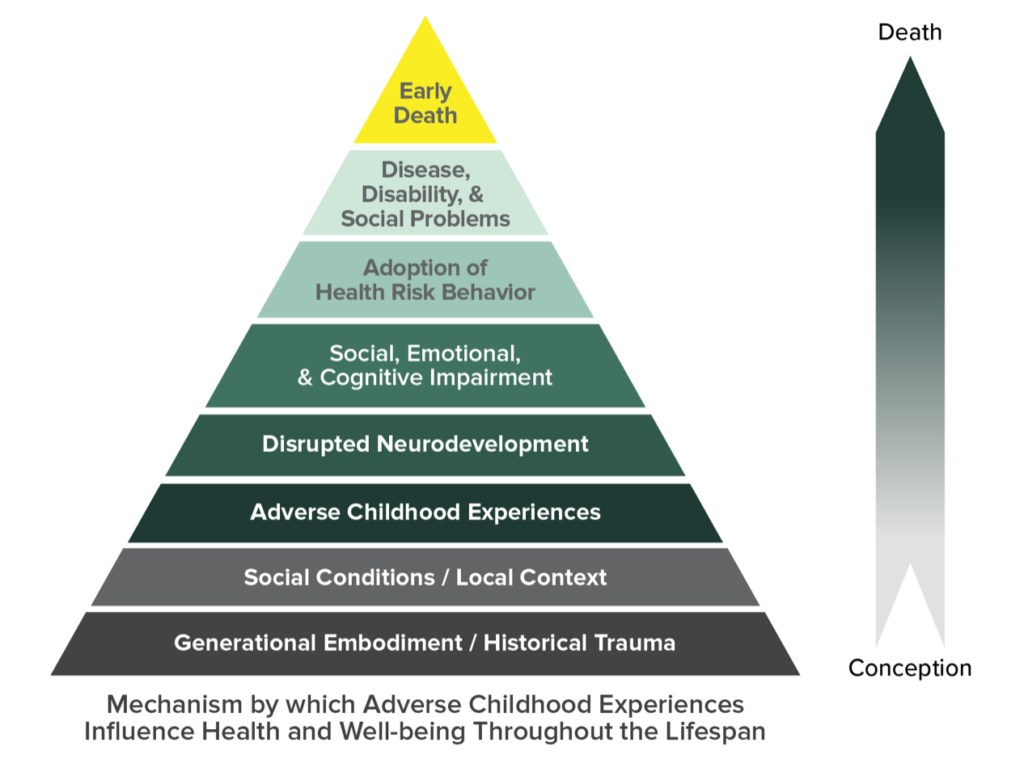Impact of Abuse
WARNING
This page references topics which can be upsetting and distressing to read about. If you are feeling mentally and/or emotionally vulnerable, please take the necessary steps to protect yourself, such as contacting a trusted friend or professional.
Those who experience abuse may have overwhelming feelings of distress, fear, and helplessness. Other common effects of trauma include:
- trouble sleeping
- having panic attacks and anxiety
- drinking alcohol or taking drugs
- binge-eating, purging (throwing up) food, or starving along with other eating disorders
- feeling like you don’t want to live or go on with your life
- repeated experiences of sexual or physical violence
- feelings of self-hate and low self-esteem
- fearing people and relationships
Impacts of domestic violence can result in acute and chronic mental health problems. Some victims have histories of psychiatric illnesses that may be exacerbated by the abuse, while others may develop psychological problems as a direct result of the abuse. Examples of emotional and behavioral effects of domestic violence include many coping responses to trauma, such as:
- emotional withdrawal
- denial or minimization of the abuse
- impulsivity or aggressiveness
- apprehension or fear
- anger
- anxiety or hypervigilance
- disturbance of eating or sleeping patterns
- substance abuse
- depression
- suicide
- post-traumatic stress disorder (PTSD)
Some of these effects also serve as coping mechanisms for victims.
Impact of Abuse on Children
Domestic violence is a devastating social problem that impacts all segments of society and can have a profound impact on children. Home should be a safe place. For too many children, home is a place of violent conflict. Sometimes children get caught up in the violence and are physically harmed. Other times, children are emotionally scarred by witnessing domestic violence.
Often, people think that children are safe if the violence in the home is not directed at them or they think children do not even know it is happening if it occurs after they are in bed.
Neither of these assumptions is true.
Research indicates that exposure to family violence can have long-term consequences. Children exposed to domestic violence are at increased risk of exposure to traumatic events, such as the injury – or even death – of a parent. These children are also at higher risk of abuse and neglect than children who are not.
CONSIDER THE FOLLOWING FACTS:
- In families where the battering of women occurs, the rate of child abuse or serious neglect is 1500% higher than the national average.
- A great majority of violent criminals were raised in abusive homes. Today’s child growing up in a violent home may be tomorrow’s prison inmate.
- Children from violent homes have a higher risk of alcohol/drug abuse and juvenile delinquency than do other children.
- Experts believe that children who are raised in abusive homes learn that violence is an effective way to resolve conflicts and problems.
- Boys who witness the abuse of their mothers are more likely to batter their female partners as adults than boys raised in nonviolent homes.
- Older children are often harmed while trying to protect their mothers.
- Domestic violence may prevent children from concentrating, causing difficulties in school.
- Children from violent homes often experience depression, anxiety, fear, and guilt. These children live in constant fear of injury to their mothers and themselves. They may feel they are the cause of the abuse and/or may feel guilty about not being able to stop the abuse. Their social development may be delayed.
- Children whose mothers are abused more frequently have stress related physical ailments such as headaches, ulcers, rashes, and bedwetting.
- Children from violent families are deprived of the innocence of childhood and often forced into a parental or peer role with the abused parent.
- Men who batter often use the children to control the behavior of their partners. For example, an abuser may threaten to harm the children in order to stop the victim from leaving. He may also threaten to unjustly or excessively punish the children as a means of controlling his partner.
- Domestic violence has cost many children their own lives and left others motherless or orphaned.
POSSIBLE WARNING SIGNS THAT DOMESTIC VIOLENCE MAY BE OCCURRING IN THE HOME:
- Frequent injuries, with the excuse of “accidents;”
- Frequent and sudden absences from work or school;
- Child is afraid of inviting another child to his/her home;
- Personality changes in a parent (e.g., an outgoing woman becomes withdrawn);
- Excessive fear of conflict;
- Submissive behavior, lack of assertiveness;
- Isolation from friends and family;
- Depression, crying, low self-esteem.
Domestic violence is also associated with higher instances of physical bullying:
The ACE Study
Source: CDC. “About the CDC-Kaiser ACE Study”. 2021.

Domestic violence as well as other stressors can affect a child’s health through adulthood.
ACE, or the Adverse Childhood Experience study, is an ongoing collaborative effort between Kaiser Permanente and the CDC looking at childhood stressors and their effects on health and well-being. The ACE study included 17,000 adults who completed comprehensive questionnaires detailing their childhood experiences and current health status. Particular focus was placed on adverse childhood experiences, which were defined as: emotional, sexual, and/or physical child abuse; parental abuse; parental divorce; child neglect; or a parent suffering from drug/alcohol addiction or an untreated mental disorder.
The study found that children who experienced adverse life events were more likely to experience health issues as an adult, including liver disease, COPD, cancer, heart disease, and even early death. The study also linked adverse childhood experiences to undesirable/unhealthy behaviors, such as early or unwanted pregnancy, smoking, drug use, sexually transmitted disease, and domestic violence. Interestingly, the number of adverse childhood experiences (deemed one’s “ACE score”) directly correlated to an increased risk of poor health as an adult.
Currently being replicated in other countries, the study has been important in showing that adverse childhood experiences are not only common, but also tend to cluster together. These early life stressors have a clear implication on our future health as a nation, and the need for early intervention remains pressing. For further information, visit: the CDC’s page on Adverse Childhood Experiences.
The extent of the effects of domestic violence on children may be reduced. With early intervention, the destructive pattern of domestic violence can be broken. Teachers, doctors, clergy, and other helping professionals must be aware of the signs of abuse and be prepared to help children overcome the trauma of abuse, encouraging them to live happy, healthy, violence-free lives.
